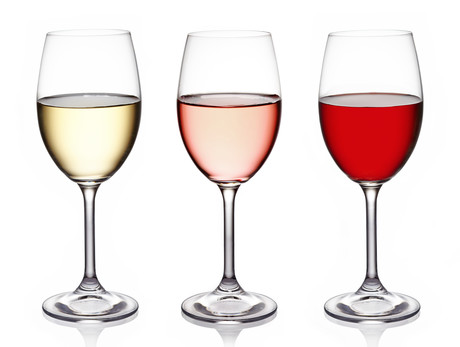Vegans call for better labelling on wine

Veganism is becoming more common, with consumers motivated by a number of issues including allergies, environmental concerns and animal welfare. However, this may pose a problem for wine-lovers as wine bottles rarely display the ingredients label.
Australia is one of the fastest growing vegan markets in the world, and the packaged vegan food market is expected to reach $215 million by 2020, according to Euromonitor International.
As a result, the food and beverage industry is trying to accommodate this growing demand by producing goods that do not contain animal products. While winemakers are also expanding their product range, many still fail to disclose the ingredients.
Wine producers in Australia are allowed to include a number of different additives to enhance wines, such as sulfites, tannins and different types of acids as well as processing aids including egg whites, gelatin and milk products.
Listing the presence of these products only became mandatory in 2002 with the introduction of the Food Standards Code. Previously, wine manufacturers were not required to disclose information about allergens on the label. Therefore, the Food Standards Code warns that vintage wine dating back to before 2003 should not be consumed by allergy sufferers or vegans. One ingredient that also remains exempt from labelling is isinglass, which is a kind of gelatin made from fish.
During the winemaking process, most substances are removed or transformed, but vegans may still run into problems choosing wines. Only allergy-causing substances are declared, not necessarily the individual additives and processing aids and whether they come from animals.
However, the Department of Health implied further labelling may not be helpful.
"Alcoholic beverages are exempt from ingredient labelling because the ingredients used in the manufacture of alcoholic beverages are 'substantially transformed' during fermentation. Therefore, providing a list of ingredients is unlikely to provide useful information for consumers."
Consumers are increasingly demanding more transparency on food and drinks labels, especially for those following a vegan diet. More retailers are recognising this growing trend in the UK, with Co-op planning to expand its vegan wine range to 100 labels this year and suggesting other wine manufacturers follow suit.
Industry Code of Practice for plant-based food labelling
After a number of research studies, the Australian Government plans to strengthen plant-based...
2026 ANZ PIDA WorldStar winners announced
Seven Australian and New Zealand companies have received international recognition in the latest...
Celebrating 85th anniversary of CRYOVAC food packaging
Sealed Air Corporation is marking this milestone anniversary with a year-long celebration that...










